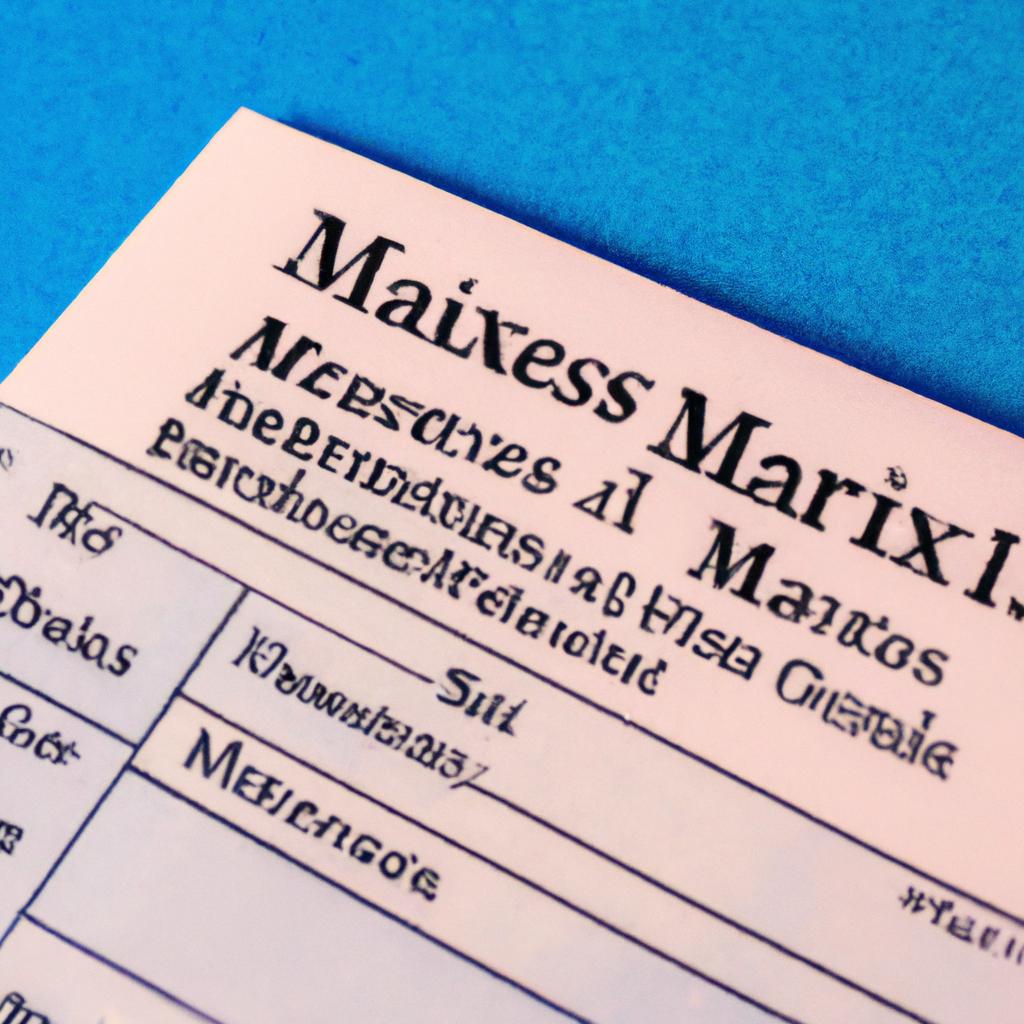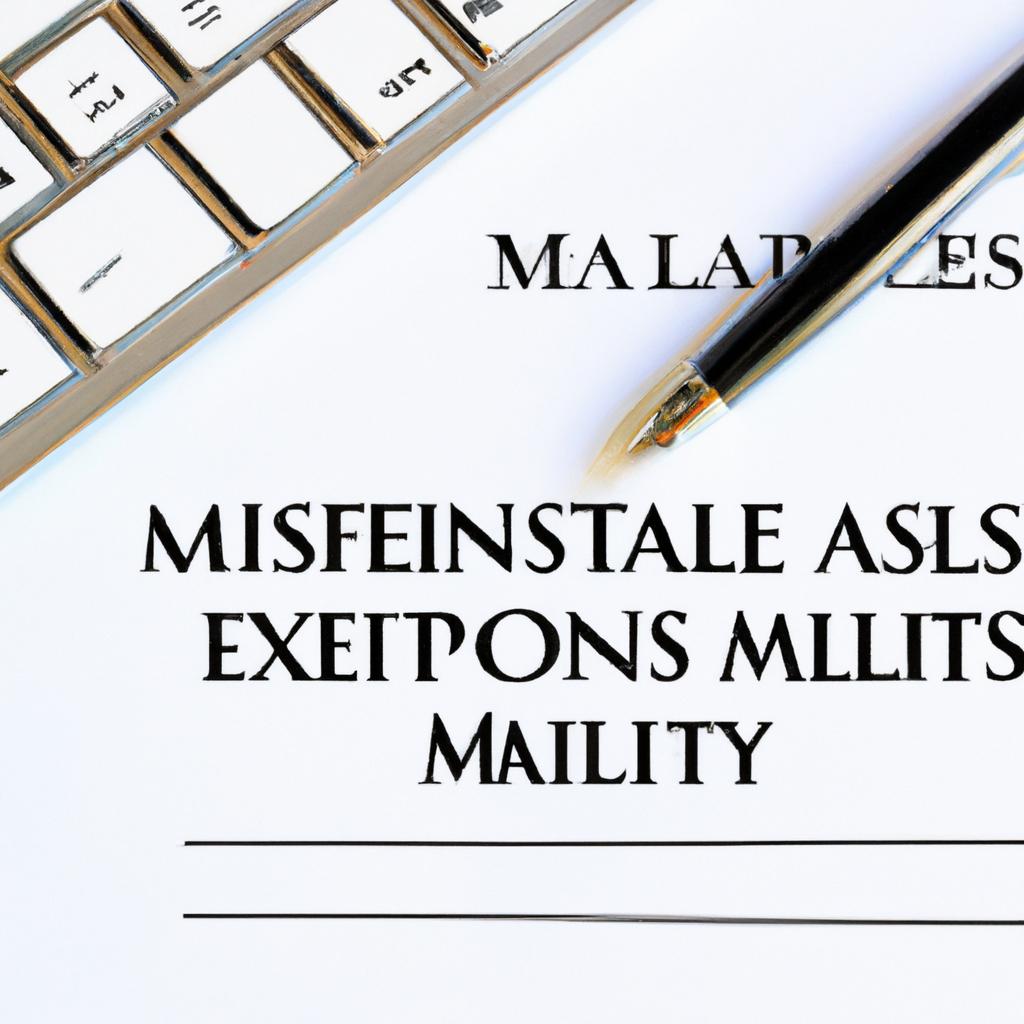In the complex world of estate planning, a frequently overlooked asset is airline miles. Often considered a valuable currency for frequent flyers, the question of whether one can inherit airline miles is a matter that deserves careful consideration. As experts in the field of estate planning, the Morgan Legal Group in New York City is well-equipped to address the nuances of this issue. In this article, we delve into the intricacies of inheriting airline miles, exploring the legal and practical aspects that individuals should be aware of when including this unique asset in their estate plans.
Inheritance of Airline Miles: Understanding the Legalities
Inheritance of airline miles can be a complex matter that requires a thorough understanding of the legalities involved. While many people may not realize it, airline miles are considered a form of property that can be passed down to heirs just like any other asset. However, the rules governing the transfer of airline miles vary from one airline to another, making it essential to consult with a legal professional to ensure that your miles are inherited according to your wishes.
When it comes to inheriting airline miles, there are several key considerations to keep in mind. These include determining whether the airline miles are transferable, understanding the specific terms and conditions of the airline’s loyalty program, and ensuring that the proper documentation is in place to facilitate the transfer of miles to your heirs. By taking the time to address these important details, you can help to ensure that your loved ones are able to benefit from your hard-earned airline miles after you pass away.

Factors to Consider When Determining Inherited Airline Miles
Determining inherited airline miles can be a complex process that involves various factors to consider. One important factor is the airline’s policy on transferring miles upon a person’s death. Not all airlines allow for the transfer of miles to beneficiaries, so it’s crucial to review the specific terms and conditions of the airline loyalty program.
Additionally, the beneficiary designation on the deceased individual’s account plays a significant role in determining who inherits the airline miles. If the deceased did not designate a beneficiary or the designated beneficiary is no longer alive, the inheritance of the miles may become more complicated and subject to the airline’s policies. It’s essential to review the airline’s rules and regulations regarding inheritance of miles to ensure a smooth transfer process. In summary, include the airline’s transfer policies, beneficiary designations, and adherence to the airline’s rules and regulations.
| Factor | Description |
| Airline’s Policies | |
| Transferability | Check if the airline allows for the transfer of miles to beneficiaries |
| Beneficiary Designation | Review the designated beneficiary on the account |

Maximizing the Value of Inherited Airline Miles
When it comes to inheriting airline miles, the rules and regulations can vary depending on the airline’s policies. In general, most airlines do allow for the transfer of miles to a beneficiary upon the original account holder’s death. However, it’s crucial to carefully review the specific terms and conditions of the airline loyalty program to ensure compliance.
One way to maximize the value of inherited airline miles is to use them strategically for upcoming travel plans. Whether it’s booking a dream vacation or a quick weekend getaway, taking advantage of the inherited miles can help save on travel expenses. Additionally, consider pooling the miles with existing accounts or transferring them to a preferred loyalty program for even more flexibility and benefits. Consulting with a knowledgeable estate planning attorney can provide valuable guidance on how to effectively manage and utilize inherited airline miles.

Key Considerations for Estate Planning with Airline Miles
When it comes to estate planning with airline miles, there are several key considerations to keep in mind. Firstly, it is important to understand whether airline miles can actually be inherited. While some airlines do allow for the transfer of miles upon the death of the account holder, others have strict policies prohibiting it. It is crucial to review the terms and conditions of the specific airline loyalty program to determine what options are available.
Additionally, it is advisable to designate a beneficiary for your airline miles in your estate plan. This can be done by including specific instructions in your Will or Trust regarding who should receive the miles upon your passing. By carefully considering these factors and working with an experienced estate planning attorney, you can ensure that your airline miles are handled in accordance with your wishes.
Q&A
Q: Can you inherit airline miles?
A: Yes, you can! In most cases, airline miles are considered a form of property and can be passed down to beneficiaries in a will or through other estate planning methods.
Q: How do you go about inheriting airline miles?
A: It’s important to review the terms and conditions of the airline’s loyalty program to understand the specific rules for transferring miles upon the original holder’s death. Typically, you will need to provide documentation, such as a death certificate and proof of your relationship to the deceased, to transfer the miles.
Q: Are there any restrictions on inheriting airline miles?
A: Some airlines may have limitations on transferring miles, such as only allowing them to be inherited by immediate family members or charging a fee for the transfer. It’s best to check with the airline directly to understand their specific policies.
Q: What happens to airline miles if they are not inherited?
A: If airline miles are not specifically addressed in a will or estate plan, they may go unused and eventually expire. It’s important to make arrangements for the transfer of miles to ensure they are not lost.
Q: Can you use inherited airline miles for any purpose?
A: Typically, inherited miles can be used for any eligible redemption within the airline’s loyalty program, such as booking flights, upgrading seats, or purchasing merchandise. However, it’s important to check the program’s terms and conditions for any restrictions on the use of inherited miles.
To Conclude
In conclusion, while the rules surrounding the inheritance of airline miles can vary between different carriers, it is always worth checking with the airline directly to see what options are available. Inheriting airline miles can be a thoughtful way to keep a loved one’s frequent flyer account alive even after they’re gone. So, next time you’re planning your next adventure, don’t forget to consider the possibility of inheriting those precious miles and keeping the spirit of travel alive. Safe travels!
 Can You Inherit Airline Miles?
Can You Inherit Airline Miles?
When it comes to airline miles and loyalty programs, the rules and regulations can sometimes feel confusing and overwhelming. One question that often comes up is whether or not you can inherit airline miles from a family member or loved one.
The short answer is yes, you can inherit airline miles. However, the process and rules surrounding this inheritance can vary depending on the specific airline and program. In this article, we’ll break down the details of inheriting airline miles and provide some practical tips and case studies to help you better understand this topic.
Understanding Airline Miles and Loyalty Programs
Before diving into the specifics of inheriting airline miles, let’s first define what airline miles are and how they work. Airline miles, also known as frequent flyer miles or loyalty points, are a type of reward or currency offered by airlines to their customers. These miles can be earned by booking flights or through various other methods, such as credit card spending or hotel stays.
Airlines use loyalty programs to entice customers to continue using their services and to reward them for their loyalty. Generally, the more miles you accumulate, the higher your status is within the program, and the more benefits and perks you can unlock.
Can You Inherit Airline Miles?
Now that we have a better understanding of airline miles and loyalty programs, let’s answer the main question – can you inherit airline miles? As mentioned earlier, the short answer is yes, but there are a few important factors to consider.
Many airlines allow for the transfer of miles between family members, either as a gift or through inheritance. However, each airline may have specific rules and regulations in place, so it’s essential to check with your preferred airline and their loyalty program for their specific policies.
For example, some airlines may allow for the transfer of miles to immediate family members, such as a spouse, parent, or child. Others may have more lenient rules and allow for transferring to extended family members or even friends. Some airlines may require a fee for transferring miles, while others may allow it for free.
Inheriting Airline Miles from a Deceased Loved One
Inheriting airline miles becomes more relevant when a loved one who was a frequent flyer passes away. In these cases, the airline’s policies may differ, and there could be additional steps and documentation required for the transfer of miles.
For example, United Airlines states that they may require a death certificate and a written request from the legal executor or administrator of the deceased individual’s estate to transfer miles to a family member. Delta Air Lines has a similar policy, but they also require a copy of the deceased’s will or other paperwork appointing an executor of the estate.
It’s essential to familiarize yourself with the specific policies of the airline and loyalty program in question to ensure a smooth and painless process in inheriting miles from a deceased loved one.
Practical Tips for Inheriting Airline Miles
Here are a few practical tips to keep in mind when it comes to inheriting airline miles:
1. Check the Airline’s Policies: As already emphasized, make sure to check with the airline and loyalty program in question for their specific policies on transferring or inheriting airline miles. Understanding the rules beforehand will save you time and avoid any potential fees or hurdles.
2. Keep Important Documents: In cases of inheriting miles from a deceased loved one, make sure to keep all necessary documents, such as a death certificate, will, or proof of executorship, in a safe and easily accessible place. These documents will likely be required for the transfer process.
3. Don’t Wait Too Long: Many airlines have strict time limits for transferring or inheriting miles, so it’s essential to act quickly. Waiting too long may result in the miles being forfeited, leaving you with nothing to inherit.
4. Be Mindful of Fees: Some airlines may charge a fee for transferring or inheriting miles, while others may do it for free. Be aware of these fees and factor them into your decision on whether or not to inherit miles.
Case Studies
To provide a real-life example and help better understand inheriting airline miles, let’s look at a couple of case studies:
Case Study 1: John and Alice were married for 25 years, and they both earned airline miles through their work travels. Due to Alice’s job loss, she stopped traveling for work, and John continued earning miles. Sadly, Alice passed away, and her miles were never used. John was able to transfer her miles to his account as they were immediate family members, and he used them for a trip in her honor.
Case Study 2: Mary and Jane were sisters, and both were avid travelers and members of a loyalty program. Jane passed away suddenly, and Mary was unsure if she could inherit her sister’s miles. After contacting the airline, it was determined that Jane’s miles could not be inherited as siblings were not considered immediate family members in their policies.
In Conclusion
Yes, you can inherit airline miles, but it’s essential to familiarize yourself with the specific policies and rules of the airline and loyalty program in question. Keep important documents, act quickly, and be mindful of any fees. Inheriting airline miles can be a beautiful way to honor a loved one and make lasting memories. Happy travels!

